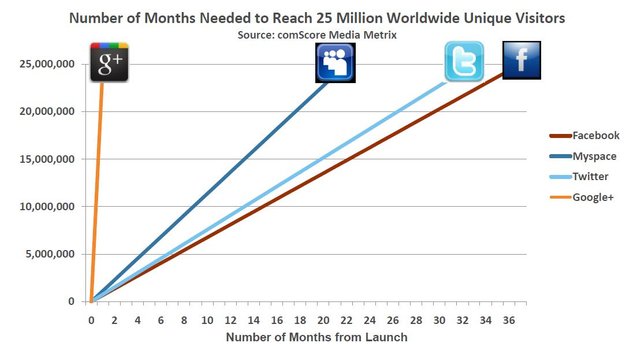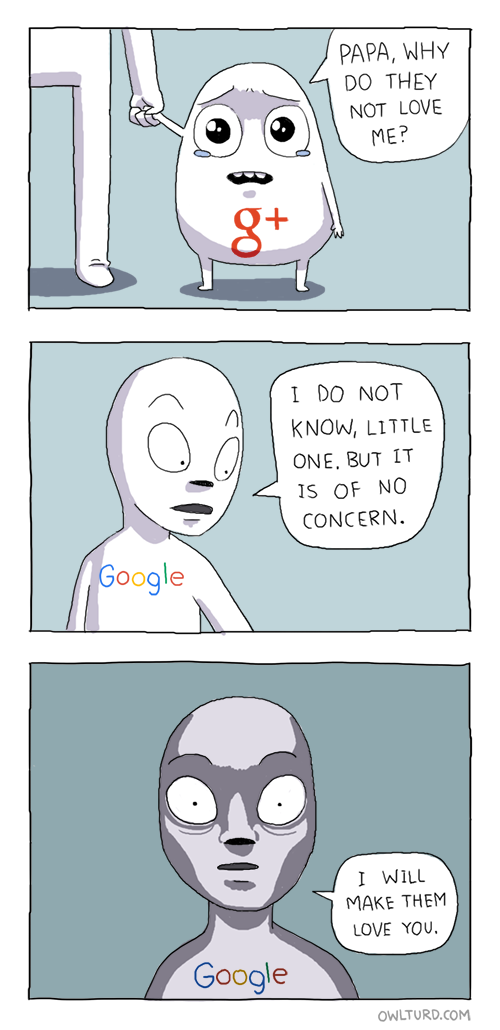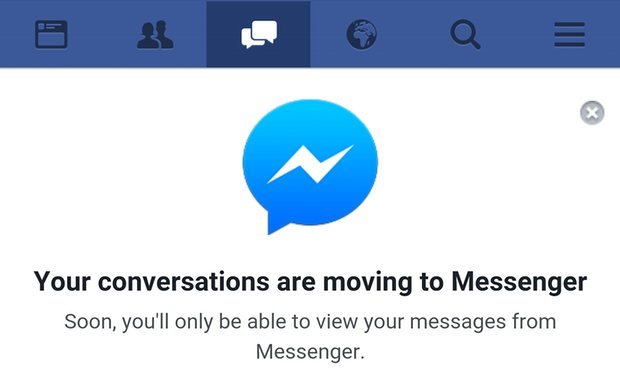How the Giant Became Careless About Its Users
Everyday life is influenced by technology in practically every way imaginable. This is an age where our daily routines are managed by technology and where our work lives are tightly tied up with the possibilities provided by it. This is a time where we are able to order commodities and services online and have them delivered to our doorstep in the matter of minutes. It is a period where our ways of communicating with one another has been transformed immensely with the help of the internet, social media and smart phones. Needless to say, technology has penetrated and transformed so many aspect of our lives that it is unthinkable that we can live without it at this stage.
With such a heavy dependency on technology products, we strongly rely on how providers of these technology products choose to materialize new features. As consumers, we will give little attention to this, as long as we are satisfied. Why should we care? As long as the products works how we want them to, acts how we want them to and feel how we want them to. The problem arises when we become unsatisfied with aspects of the products we use...
Back in the day when no one had heard about social media yet, I remember how furious I became when MSN Messenger started to introduce all sorts of nonsense to their otherwise great Instant Messaging application. Month after month Microsoft continued to sabotage the once so simple application. I eventually stopped updating the application because I grew accustomed to the fact that every new version got bloated with new games, antivirus and otherwise completely useless gimmicks that I never asked for. I am guessing other users followed this approach as well because it was not long before updates to the application was forced upon me. This drove me completely away from the application and made me use alternatives such as Pidgin. Needless to say Microsoft eventually killed the program entirely.
What we can learn from Microsoft's mistakes is that no matter how cool a product you have developed, we must never underestimate the potential long term effects of introduction of unwanted features may have.
Another great example of users being mistreated was when Google, in the wake of Facebook's massive success, decided to launch their own social media. Google+ promised all the features which users had hoped for in Facebook such as better management of friends, protection of personal life and better integration with existing services. Looking at first couple of months following the launch of the social media, Google could not have hoped for a better take-off. As displayed below Google experienced sign-ups at a much faster pace than Facebook and Twitter ever experienced.

Despite this seemingly fantastic future for Google+, we now know that the social media never came to be. So why is that? I think a lot of it has to do with the fact that Google, was so focused about the sign-up figures that it became completely oblivious to the fact that there is a big difference between sign-ups and active users. As a strategy to lure people into signing up to Google+, Google did everything in its power to force its existing userbase towards its newly birthed child.

Needless to say a lot of users were quite unimpressed by how their Youtube accounts and other services suddenly was forced to integrate with Google+. Ironical enough, Google subsequently
seperated Google+ form Youtube from.
I am aware that when software companies choose to launch features or new products that may piss off their audience, this sometimes have roots in financial or business purposes. For example Google had a large financial incentive to plaster Google Maps with advertisements, and when they finally did it, there was no immediate negative reactions towards this because: 1) All content was still free and accessible and 2) It did not interfere with the core functionality of the product.
An example of the strategic perspective is how Facebook slowly but steadily choose to force its users towards installing its Messenger app. The Messenger app was allegedly introduced as a convenient tool for frequent chat users that provided better battery consumption and a better user experience. Both these points are very valid. Seperating the chat from the main application was in all means probably the safest choice/). What I think was spiteful in this regard is that Facebook not only decided to make it impossible to use the chat on the main application but that they also seem to make efforts into making in unaccessible from mobile devices when using the the web application.

Undoubtedly the list of undelibarate software products continue and will keep on expanding. There is no way we can overcome this, but as long as we are critical towards the products and features that are launched at us, we can make it harder for the companies to deliver shitty solutions.
Congratulations @ulriklykke! You have received a personal award!
Click on the badge to view your own Board of Honor on SteemitBoard.
For more information about this award, click here
Congratulations @ulriklykke! You received a personal award!
You can view your badges on your Steem Board and compare to others on the Steem Ranking
Vote for @Steemitboard as a witness to get one more award and increased upvotes!